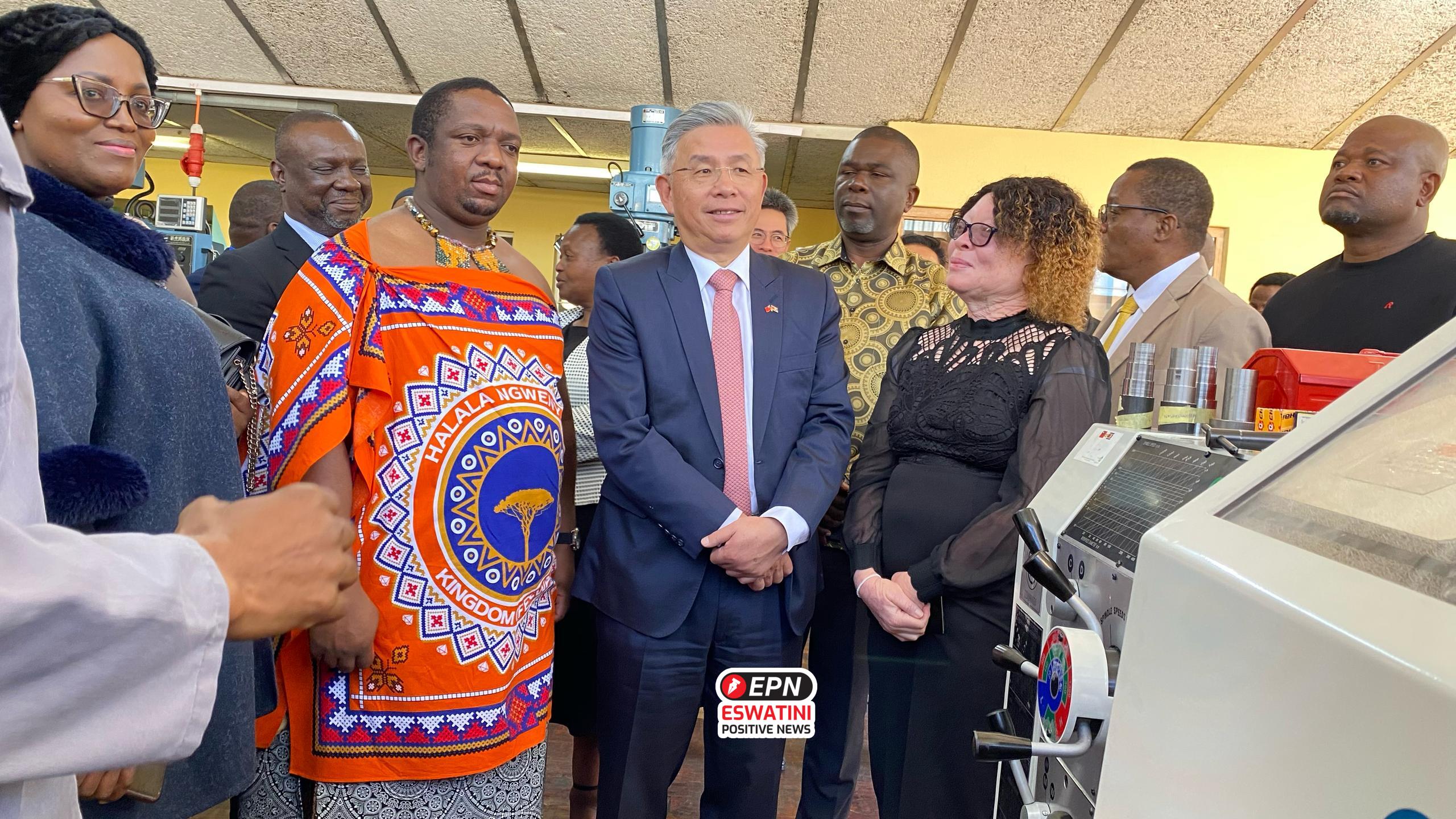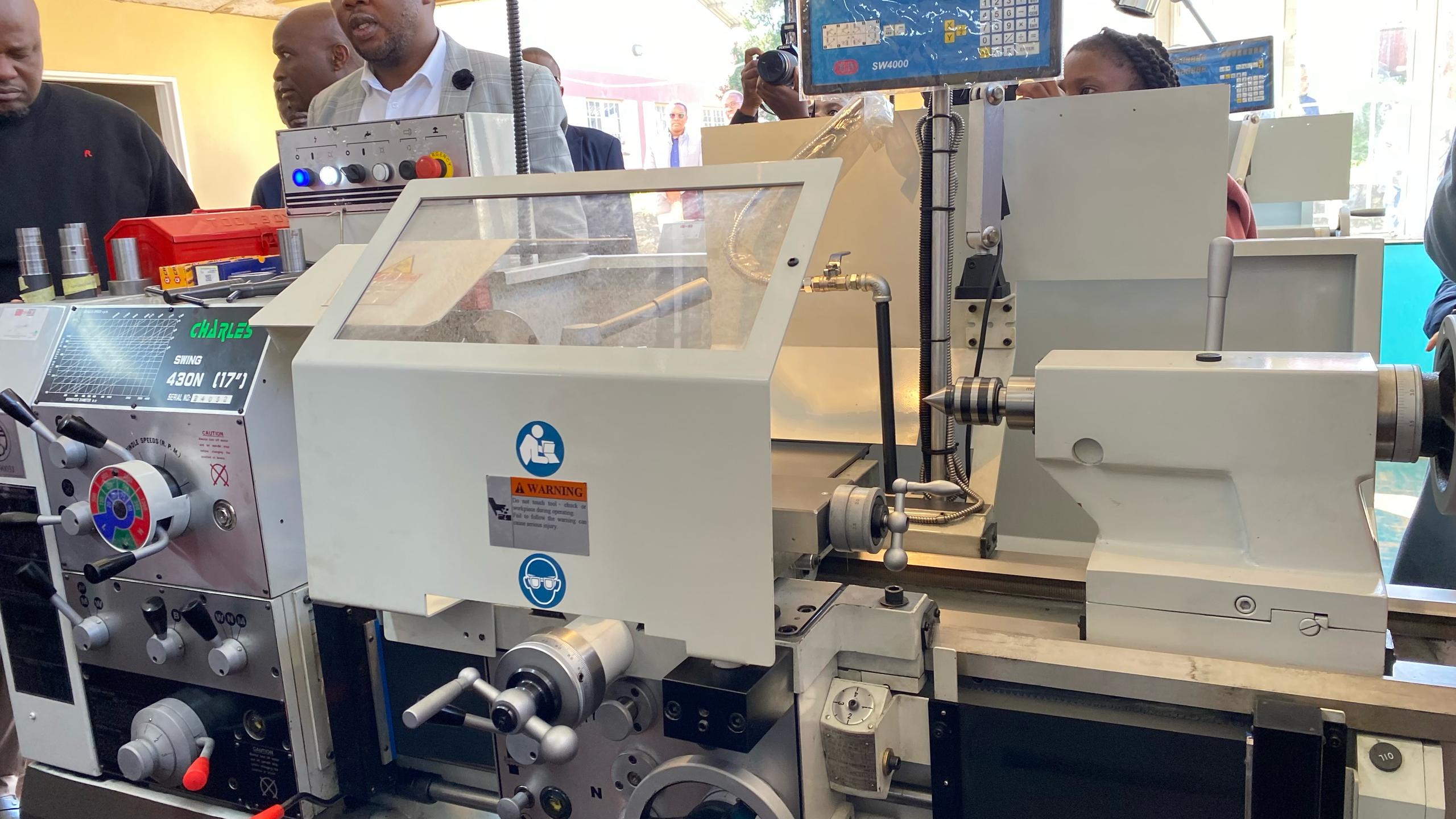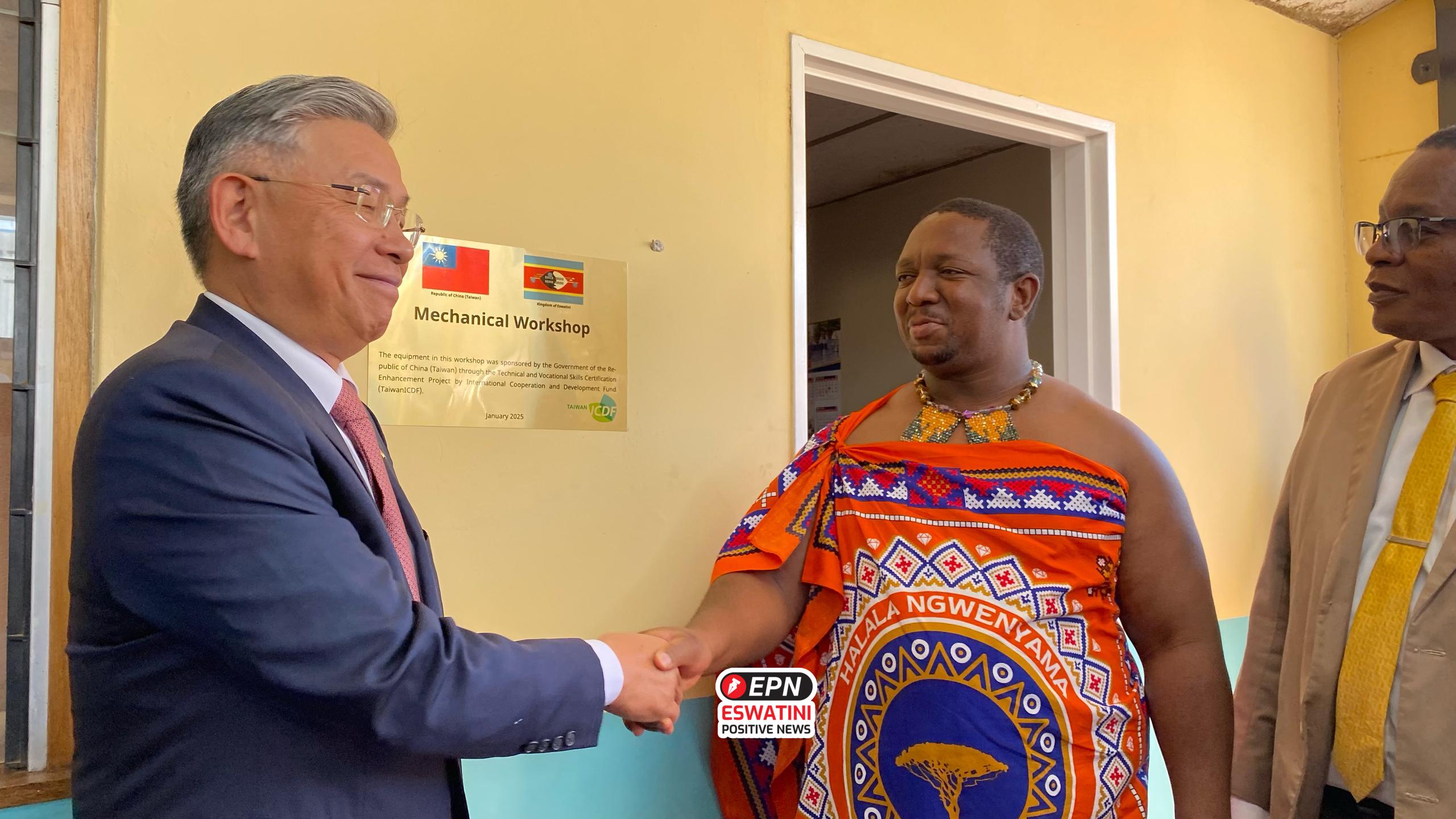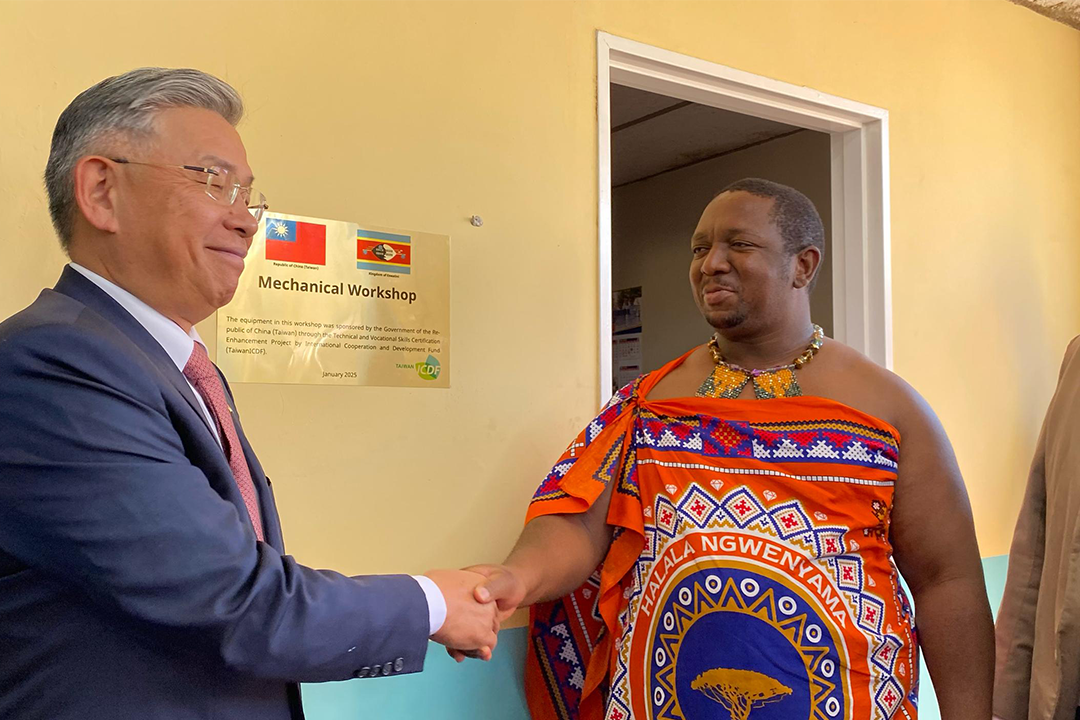BY TANDZILE DLAMINI
MBABANE – The Government of the Republic of China (Taiwan) has donated trade testing equipment valued at over E6 million to the Kingdom of Eswatini, marking a significant milestone in the development of technical and vocational skills in the country.
The donation was officially handed over to the Directorate of Industrial and Vocational Training (DIVT), with the equipment destined for use at VOCTIM and ECOT training institutions. The total cost of the equipment including approximately E 3.1 million for solar PV training approximately E2.1 million for mechanical trades, and about E1 million for the automotive sector.

Minister of Labour and Social Security, Hon. Phila Buthelezi, expressed deep appreciation for the timely support from Taiwan. He stated that the equipment will significantly reduce the trade testing backlog, especially in the welding and automotive fields, and pave the way for the expansion of renewable energy training.
“We are grateful to the Government and people of Taiwan for this generous support. It represents a major step forward in our shared commitment to developing quality human capital for economic growth,” said the Minister.
He announced that 229 candidates have already undergone trade testing through the current project. With the new equipment, Eswatini will now be able to conduct trade tests in solar PV installation and maintenance, an important area in light of rising energy demands and climate change challenges.
Hon. Buthelezi also revealed that Phase Two of the project has been approved and is ready for implementation, promising more opportunities for skills development in the country. He added that an MoU is being proposed with the Ministry of Education and Training to ensure permanent access to trade testing in vocational colleges.

The donation also includes toolboxes and stockpiles expected to last for at least two years, ensuring sustainability in training and testing operations.Mazambane Dlamini, one of the technical leads on the project, explained that solar PV training was introduced in response to concerns from institutions like EEC and insurance providers about the lack of certified installers. “This will improve loan access for equipment, improve installation standards, and ensure safer systems for consumers,” he said.
The solar mini-plants currently in use produce a total of 11.5 kilowatts from four grid-tied inverters and 2.3 kilowatts from a standalone system, all integrated into the training programme.

Lungelo Nhlengetfwa, Schools Manager and undersecretary, further highlighted how the equipment is transforming education and technical training. “Our learners are not only gaining theoretical knowledge, but also practical experience that prepares them for real-life challenges. We are now producing competitive gear parts locally, some of which have been exported to other markets,” he said.
The partnership is also credited with developing national qualifications and apprenticeship guides in Mechanical Fitting, Instrumentation, and Solar PV Installation, aligning with international standards like those of WorldSkills International.This project, in collaboration with partners is expected to drive Eswatini’s energy resilience and workforce competitiveness across the SADC region.




